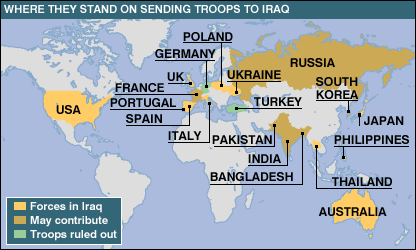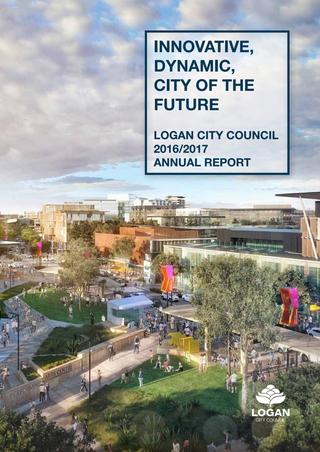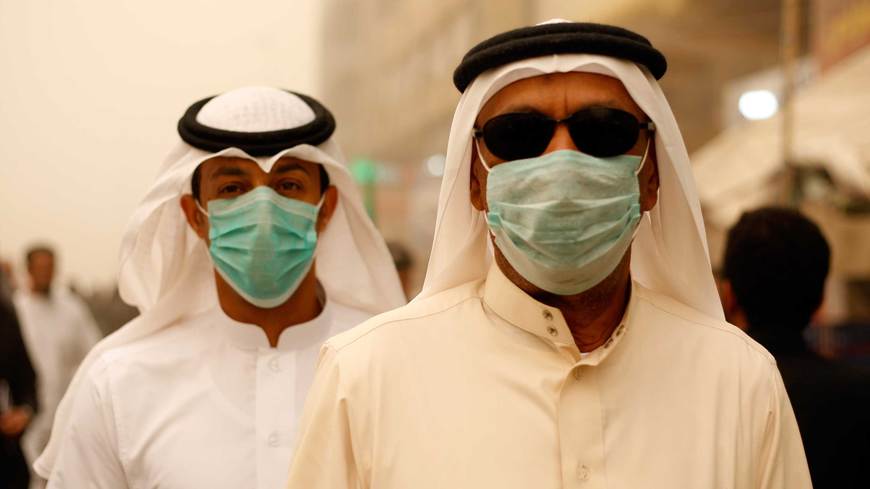By John Lee.
Russian Foreign Minister Sergey Lavrov has said that Moscow is very interested in increasing trade, economic and investment ties with Iraq.
Following a meeting on Wednesday with Iraqi Foreign Minister Mohamed Ali Alhakim, he said:
“In the field of investment, especially in the hydrocarbon sector, there is a very good result. Lukoil, Gazprom Neft, SoyuzNefteGaz are already working, Rosneft is interested in projects in Iraq. The total investment in this industry has already exceeded $ 10 billion.
“We want to promote projects in other areas. Today we talked about electricity, agriculture, industry, transport – all this will be considered in the context of preparations for the next meeting of the Russian-Iraqi Intergovernmental Commission on Trade, Economic, Scientific and Technical Cooperation.“
He added that about 4 thousand Iraqi citizens are currently studying in universities of the Russian Federation, while dozens of diplomats from Iraq take part in special training courses at the Diplomatic Academy at the Russian Foreign Ministry.
(Source: Russian Ministry of Foreign Affairs)



